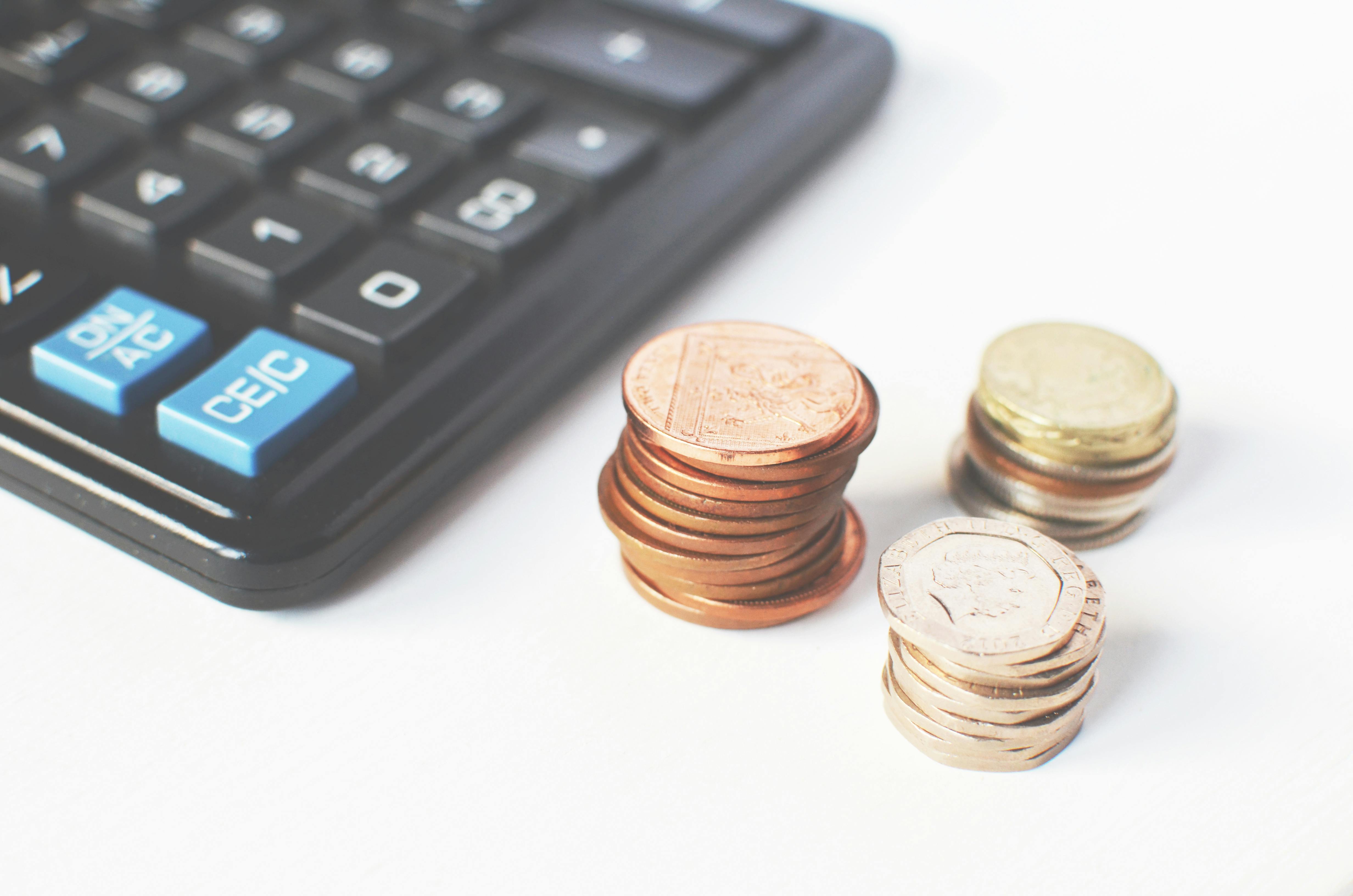Unlocking Financial Freedom: The Art of Creating Your Personal Budget

In the journey towards financial freedom, one of the most crucial tools at your disposal is a well-crafted personal budget. Yet, for many, the idea of budgeting can feel overwhelming or restrictive. However, the truth is that creating a personal budget empowers you to take control of your finances, enabling you to allocate resources intentionally towards your goals and dreams. Let's delve into the steps to create a personal budget that works for you.
1. Set Clear Goals
Before diving into numbers, take a moment to reflect on your financial goals. What do you aspire to achieve? Whether it's paying off debt, saving for a vacation, or investing for retirement, clearly define your objectives. These goals will serve as guiding stars as you craft your budget.
2. Track Your Income
Begin by determining your total monthly income. This includes your salary, freelance earnings, side hustle income, or any other sources of revenue. Having a clear picture of your income provides the foundation for your budgeting process.
3. Identify Expenses
Next, categorize your expenses into fixed and variable categories. Fixed expenses are those that remain relatively consistent each month, such as rent or mortgage payments, utilities, and insurance premiums. Variable expenses fluctuate, including groceries, dining out, entertainment, and discretionary spending.
4. Differentiate Between Needs and Wants
As you analyze your expenses, distinguish between essential needs and discretionary wants. While needs are non-negotiable expenses crucial for daily living, wants represent optional expenditures that can be trimmed or eliminated.
5. Set Spending Limits
Based on your income and expenses, establish spending limits for each category. Allocate a portion of your income towards necessities while allowing yourself some flexibility for discretionary spending. Remember to prioritize your financial goals when setting these limits.
6. Track Your Spending
Implement a system to track your expenses regularly. Whether you prefer using budgeting apps, spreadsheets, or old-fashioned pen and paper, find a method that works for you. Recording your expenditures helps you stay accountable and identify areas where adjustments may be needed.
7. Review and Adjust Regularly
Your budget isn't set in stone. Regularly review your spending habits and budget allocations to ensure they align with your goals. Life circumstances and priorities may change, necessitating adjustments to your budget accordingly.
8. Build an Emergency Fund
Include building an emergency fund as a priority within your budget. Aim to set aside a designated amount each month towards this fund to cover unexpected expenses or financial emergencies without derailing your long-term goals.
9. Seek Balance and Flexibility
While budgeting requires discipline, it's essential to strike a balance between financial prudence and enjoying life. Allow yourself some flexibility for occasional indulgences or spontaneous experiences within your means.
10. Celebrate Progress
Finally, celebrate your achievements along the way. Whether it's reaching a savings milestone, paying off debt, or sticking to your budget consistently, acknowledge and reward yourself for your efforts. Recognizing your progress fuels motivation to continue on your financial journey.
Conclusion
Creating a personal budget is not about restriction; it's about empowerment and liberation. By taking control of your finances, you pave the way towards a brighter financial future, where your money serves as a tool to support your dreams and aspirations. Start today, and unlock the path to financial freedom.
